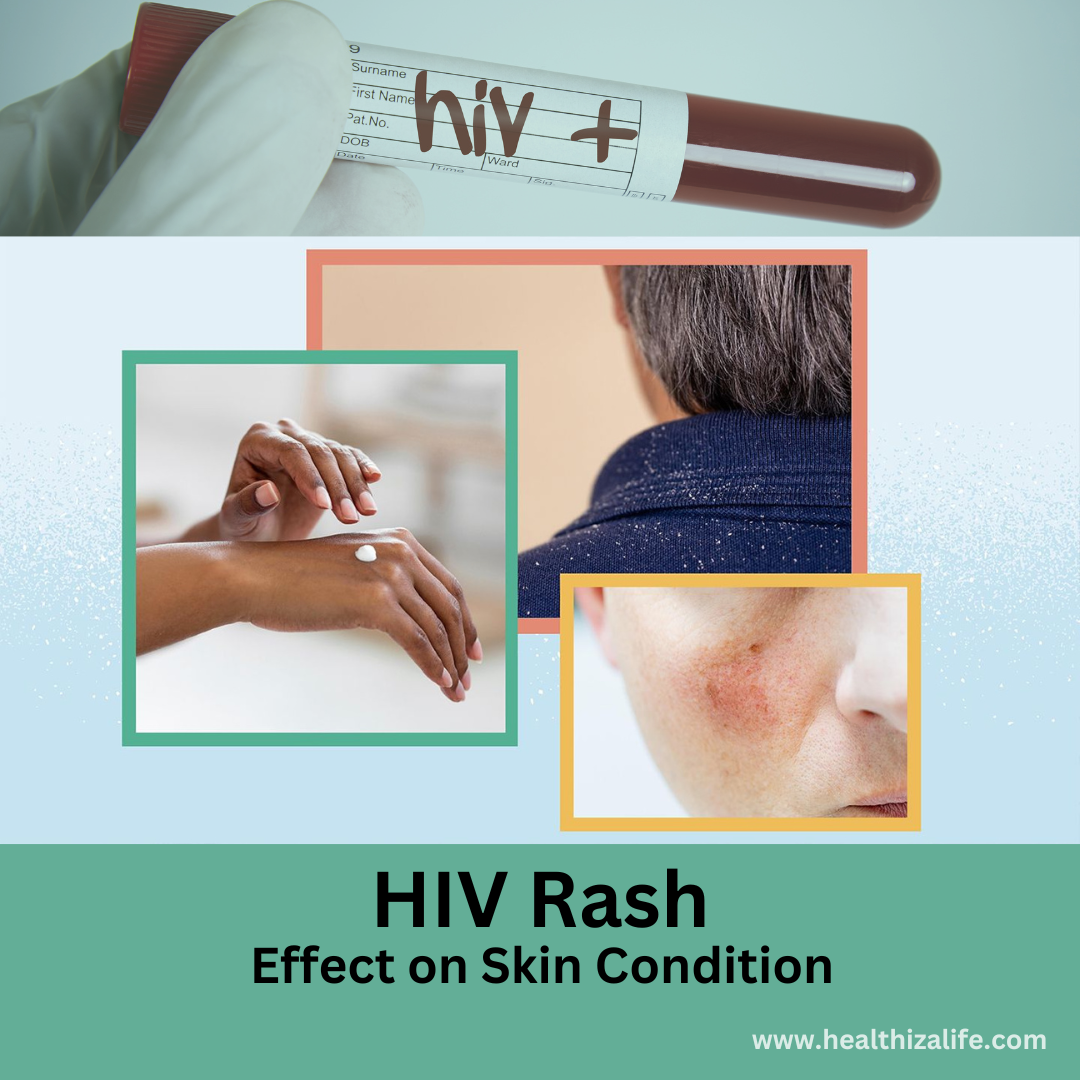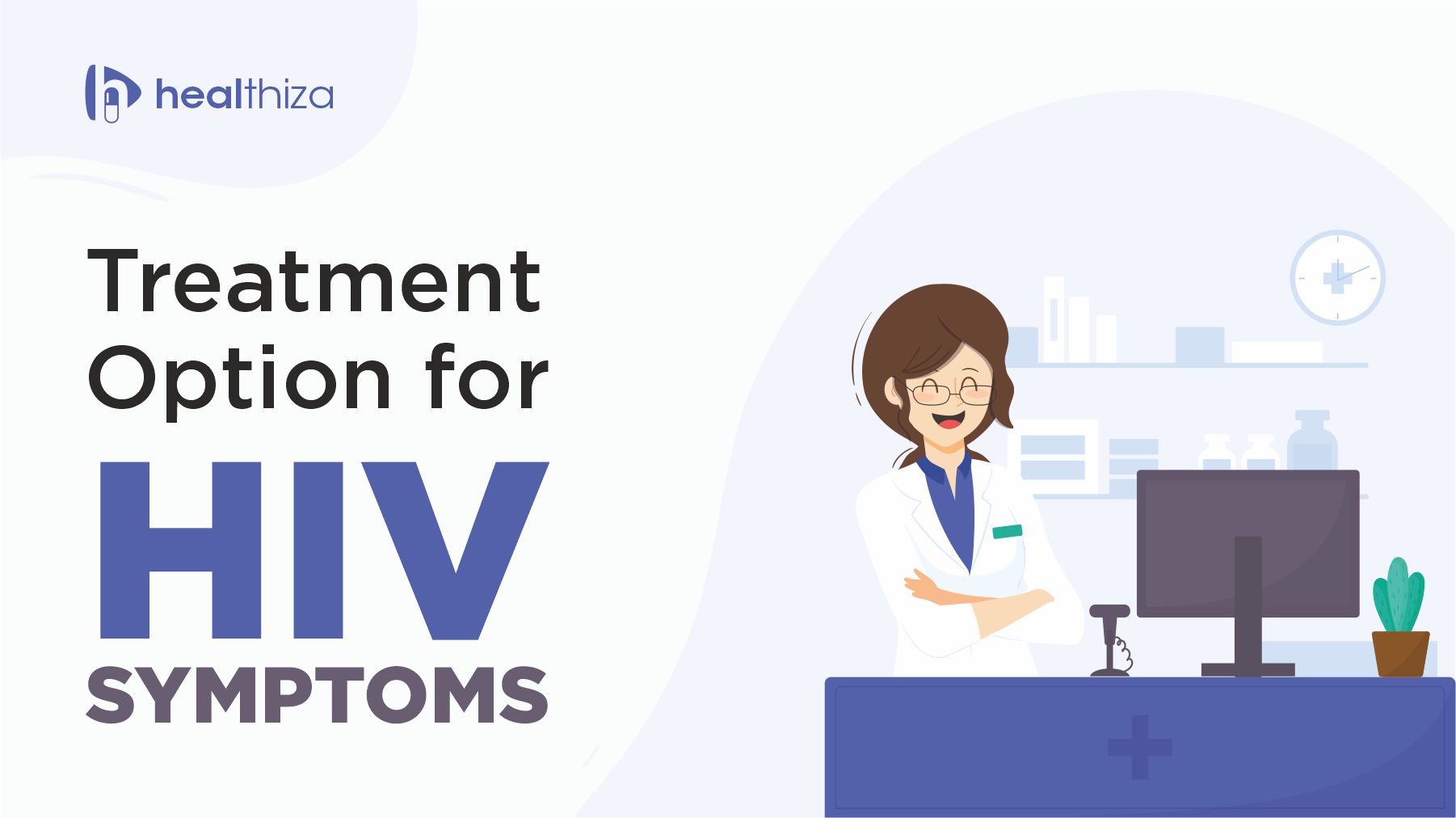How Antiretroviral Treatment Works for HIV
Antiretroviral Treatment For HIV
Antiretroviral treatment, a class of medications, can be used to treat HIV even if it cannot be cured.
HIV is a sexually transmitted infection (STI) that can potentially be transferred from mother to child through breastfeeding or contact with contaminated blood. There are currently 38 million HIV-positive individuals living in the globe, with 1.2 million of those individuals thought to be in the US.
HIV takes eight to ten years on average to weaken your immune system to the point where you develop acquired immunodeficiency syndrome (AIDS), the most advanced stage of infection, if treatment is not received.
Antiretroviral medications work in tandem to stop the virus from replicating. By doing this, the virus can be reduced to a state where it poses minimal threat to the body. The effectiveness of antiretrovirals in treating HIV infection will be covered in this article.
What Is Antiretroviral Treatment?
Antiretroviral treatment (ART) is the process of suppressing the virus in the blood to undetectable levels by taking two or more antiretroviral medications. Through this treatment, the disease’s course may be slowed to a point where you can still lead a long, healthy life.
How It Operates
Antiretroviral medications do not eradicate HIV. Instead, they stop the virus from replicating by obstructing certain phases of the virus’ life cycle, which is also referred to as the replication cycle.
Since HIV is classified as a retrovirus, antiretrovirals get their name from this fact. The various kinds of antiretrovirals are called according to the particular replication cycle step that they block.
It takes combination treatment with two or more antiretroviral medications to completely suppress HIV to undetectable levels. There is currently no antiretroviral medication that can completely and permanently suppress HIV on its own.
To keep a steady, suppressive level of pharmaceuticals in the bloodstream, antiretroviral medications must be taken every day.
Side Effects
All medications have the potential to have negative effects, however modern antiretrovirals typically have significantly fewer negative effects than older medications. However, adverse effects are possible and, in rare instances, rather serious.
Headache, exhaustion, nausea, diarrhea, sleeplessness, and even a minor rash are examples of short-term adverse effects. These usually go away in a few weeks as your body becomes used to the medication.
There could be more serious adverse effects. Some may appear shortly after therapy begins, while others may take weeks or months for them to show up. The adverse effects may differ depending on the pharmacological class and, occasionally, the specific medication.
Tests
Your doctor will advise you to begin treatment right away to control the infection if you are diagnosed with HIV. You will receive guidance on maintaining optimal adherence to your medication regimen in addition to instructions on how to take them correctly, including dietary restrictions.
Additionally, you will receive baseline blood tests (a CD4 count and viral load) to compare your response to treatment. You will need to come back every three to six months for these blood tests to be repeated.
CD4 Count
The amount of CD4 T-cells in your blood is determined by the CD4 count. HIV targets CD4 T-cells specifically since they are the ones that trigger the immunological response. HIV causes the body to lose more and more of these cells, making it harder for the body to fight off diseases that would otherwise be mild.
A person’s immune system state is determined by their CD4 count, which is based on the quantity of CD4 T-cells in one cubic millimeter (cells/mm3) of blood. Here is a general classification of a CD4 count:
- Normal: 500 cells/mm3 or more
- Immune suppression: 200 – 499 cells/mm3
- AIDS: Less than 200 cells/mm3
Viral Load
The actual number of viruses in a blood sample is measured by the viral load. If treatment is not received, the viral load may reach well into the millions. The viral load can be brought down to undetectable levels with the right treatment.
The virus may still exist even after it becomes undetectable. There are several hidden viruses in the body’s tissues that are referred to be viral reservoirs, even though blood tests may not be able to identify them. These inactive viruses have the potential to reawaken and cause a spike in the viral load if ART is discontinued.
Conclusion
Antiretroviral treatment is used to control HIV. The strategy involves using medications that impede specific stages of the virus’s replication cycle, preventing it from replicating and infecting immune system cells. Antiretroviral medications are typically taken once a day as pills, often containing more than one medication.
People with HIV now have long, healthy lives with little side effects or lifestyle disruptions thanks to advancements in antiretroviral medication. Nevertheless, the medications are only effective if you take them, and this is where a lot of individuals fail.








